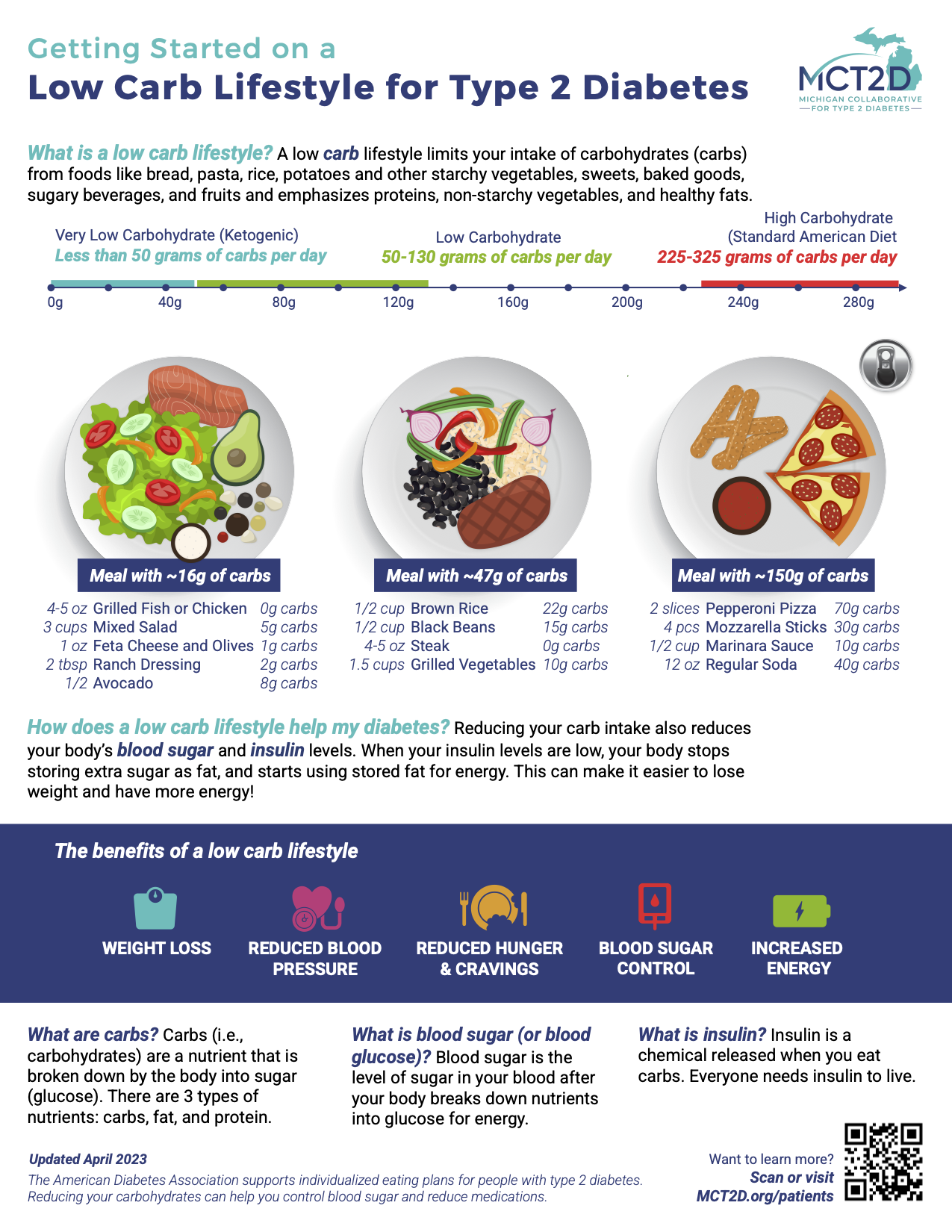ABCDou Insights
Exploring the world of news, trends, and information.
Low Carb Diet: The Secret to Winning at Food Choices
Unlock the secret to smarter food choices with a low carb diet—transform your health and cravings today!
Understanding the Benefits of a Low Carb Diet: A Comprehensive Guide
A low carb diet has gained popularity for its numerous health benefits, particularly for those seeking to lose weight or improve their metabolic health. By significantly reducing carbohydrate intake and replacing it with healthy fats and proteins, the body enters a state of ketosis, where it becomes more efficient at burning fat for fuel. Research has shown that a low carb diet can lead to greater weight loss compared to low fat diets, as indicated by studies such as the one published in the American Journal of Clinical Nutrition. In addition to weight management, many individuals experience improved blood sugar control, reduced hunger levels, and increased energy, making it a sustainable lifestyle choice.
Furthermore, adopting a low carb diet may provide several other health advantages. For instance, it has been linked to a decreased risk of heart disease and may improve cholesterol levels by raising HDL (good cholesterol) and lowering triglycerides. A profound improvement in cognitive function has also been observed, as a stable blood sugar level can enhance focus and clarity. To dive deeper into the potential cognitive benefits, you might want to check out the report by PubMed Central. Overall, understanding these benefits can help individuals make informed dietary decisions for their health and wellness.

Low Carb Diet Myths Debunked: What You Really Need to Know
The low carb diet has gained significant popularity, yet numerous myths persist regarding its effectiveness and safety. One common misconception is that a low carb diet means completely eliminating carbohydrates from your meals. In reality, it's about reducing the intake of refined carbs and sugars, while allowing for healthy, fiber-rich sources like vegetables, nuts, and whole grains. This balanced approach keeps blood sugar levels stable and can support weight loss and better metabolic health.
Another prevalent myth is that low carb diets lack essential nutrients and are therefore unhealthy. However, many studies suggest that, when done right, a low carb diet can be nutritionally complete. Research has shown that incorporating a variety of foods, such as lean proteins, healthy fats, and a wide array of vegetables, can provide the necessary vitamins and minerals for overall health. It's crucial to debunk these myths to fully understand the benefits of a well-structured low carb diet.
How to Make Smart Food Choices on a Low Carb Diet: Tips and Tricks
Making smart food choices on a low carb diet begins with understanding which foods are beneficial for your health. Focus on incorporating nutrient-dense options such as leafy greens, non-starchy vegetables, and high-quality proteins. For instance, avocados, nuts, and seeds provide healthy fats that can help keep you satiated while reducing your carbohydrate intake. To make this easier, you can create a shopping list that prioritizes these foods. Healthline offers an excellent overview of low carb foods to get you started.
Another important strategy is to be mindful of portion sizes and to plan your meals ahead of time. Consider meal prepping on weekends to avoid the temptation of high-carb convenience foods during the busy week. Use tools such as myfitnesspal or Cronometer to track your macros easily. Additionally, staying hydrated is essential, as drinking plenty of water can mitigate cravings for carbs. Remember, making informed decisions and preparing in advance are key to successfully navigating: smart food choices on your low carb journey.